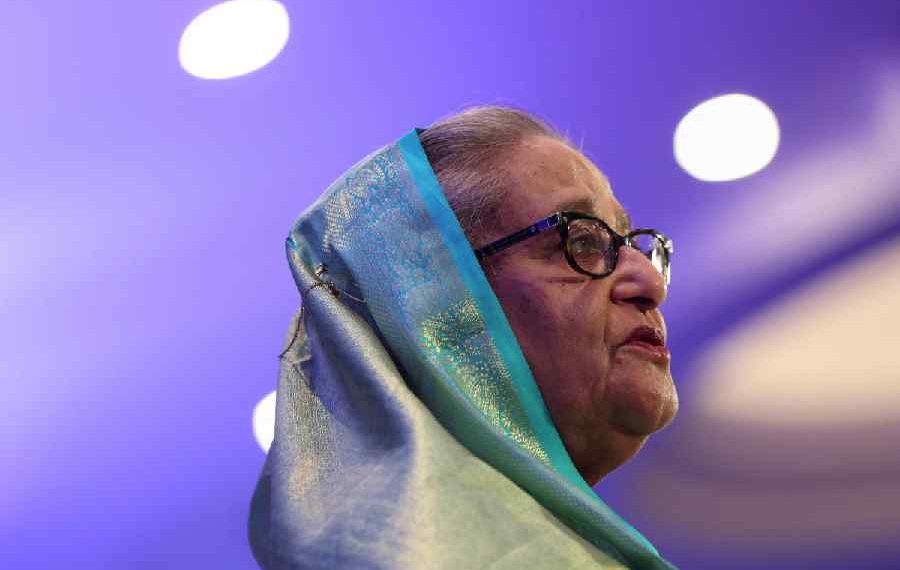On Monday, the International Crimes Tribunal (ICT) in Bangladesh sentenced former Prime Minister Sheikh Hasina to death for crimes against humanity related to the violent crackdown on protesting students during the July-August 2024 movement. Hasina, who was ousted from power, and her interior minister, Asaduzzaman Khan Kamal, were both sentenced to death. Additionally, former police chief Chowdhury Abdullah Al-Mamun was sentenced to five years in prison for his role in the crackdown.
The trial, which was broadcast live on Bangladesh Television, resulted in loud applause from the courtroom when Hasina’s death sentence was announced. Hasina, who fled Bangladesh after the 2024 uprising, and Kamal were tried in absentia, with Hasina currently living in exile in India. The whereabouts of Kamal remain unknown. Al-Mamun, however, appeared in court and provided crucial evidence, including a full disclosure of events, which helped secure his five-year sentence.
The tribunal’s verdict was based on extensive evidence, including reports from 10,000 pages of documents, medical reports of the victims, ballistic and post-mortem evidence, and video footage. Transcripts of Hasina’s phone conversations with police officials and other government leaders were read out in court. More than 50 witnesses, including doctors, protesters, and investigators, contributed to the case.
As the verdict day approached, violent protests erupted in Dhaka and surrounding districts. The Awami League, now banned, called for a nationwide strike in opposition to the trial. In a statement on X (formerly Twitter), they condemned Hasina’s sentence, calling her a “venomous snake” hidden behind her Nobel prize, accusing her of betraying Bangladesh’s sovereignty and freedom. During protests, vehicles were set on fire, and explosive devices were detonated near the court.
In an additional escalation, protesters attempted to demolish the remnants of Sheikh Mujibur Rahman’s house in Dhaka, which had been vandalized after Hasina’s departure from the country. Police and military personnel were stationed to prevent further damage, with the Dhaka police chief reportedly ordering the use of force if violence continued.
The ICT’s ruling marks a significant chapter in Bangladesh’s political history, as Hasina’s legacy and the actions of her government continue to stir deep divisions within the nation.










